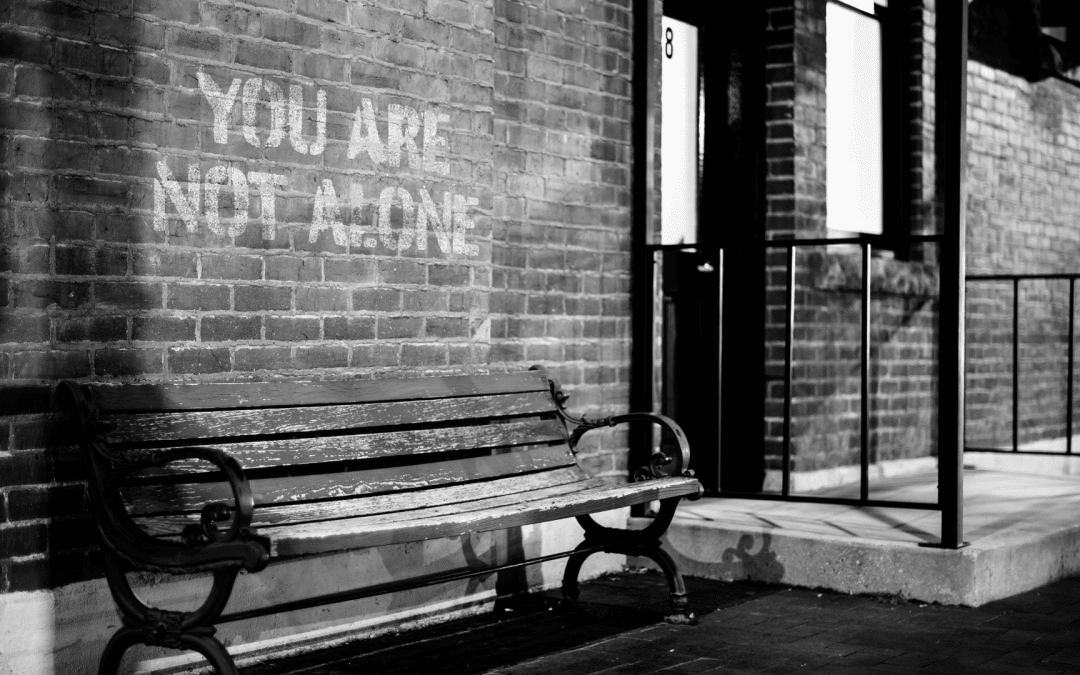Crisis and Instability
Liam arrived at YMCA in Summer 2024, having spent the previous year in a hostel after losing his accommodation due to unmanaged mental health struggles. His difficulties were rooted in a severely abusive and traumatic childhood, which continued to manifest as acute mental health crises, self-harm, and profound difficulty settling anywhere. For years, Liam was missed by services, leading to a cycle where homelessness worsened his psychological distress.
When he arrived, Liam was isolated, anxious about the move, and fearful of his new surroundings. His homelessness had severely eroded his ability to manage basic finances and trigger frequent, debilitating mental health crises. He lacked the coping mechanisms to manage his trauma and was wholly reliant on others during moments of distress.
Dignity and Empowerment
The quality of the accommodation was an immediate catalyst for change. Liam was massively impressed by his self-contained flat:
“I couldn’t believe how gorgeous the flat was when I moved in. It is the nicest flat I have ever had!”
This sense of dignity, combined with the support of staff, laid the groundwork for his progress.
The support focused intensely on two critical areas:
- Crisis Self-Management: Liam engaged with counselling, talking therapies, and life skills sessions. He has fundamentally changed his response to crises. He now uses coping strategies, calls crisis hotlines, and, critically, only informs staff after managing the episode, demonstrating massive strides toward independence.
- Financial Security: Staff identified a key trigger for his crises: financial mismanagement, often compounded by loaning money to acquaintances. Support focused on budgeting and empowerment, helping Liam learn to say no and manage his money effectively to ensure it lasts the month.
Stable Living and Future Planning
In just six months, Liam has made a massive leap: the frequency of his mental health crises has reduced from several times a month to every other month. He now successfully manages to pay his bills on time and is establishing a positive routine.
Furthermore, he has begun to break his isolation by making friends with his neighbours, stating:
“I love the area that I live in and really get along with my neighbours.”
Liam is now focused on his goal of moving to independent accommodation in about a year. His journey from perpetual crisis and dependency to making friends and self-managing his mental health is a powerful example of how secure, high-quality housing acts as the essential environment for complex psychological healing and long-term independence.




Recent Comments